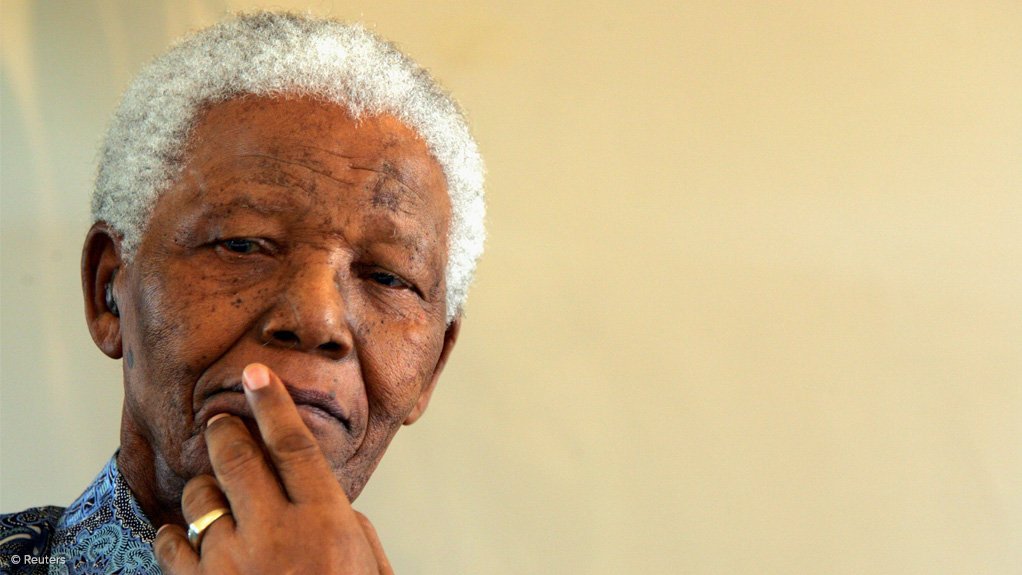The connection between the appropriate political climate and the opportunity to participate in global science was clear from the South African example, University of Johannesburg physics Professor Simon Connell said on Monday, reflecting on the contribution of late former President Nelson Mandela to science.
Mandela passed away on December 5 at the age of 95.
“The growth of science in South Africa, with many specific examples, such as the direct participation of South Africa in the global science drive to discover the Higgs Boson, owes much to Mandela,” said Connell.
He added that South Africa would not have been participating so strongly in the process of science had democracy and reconciliation not been ushered in by peaceful negotiations, culminating in the elections of 1994.
Apart from creating a general political climate favourable to research, Mandela was known to intervene directly when science became politicised, as with the contentious politics surrounding health issues in South Africa.
He also realised that Africa needed new premier scientific institutions, and he championed the formation of the Nelson Mandela African Institute of Science and Technology, which now had a network of schools spread across Africa, Connell said.
He added that Mandela’s direct involvement in science might be seen as linked to his firm belief about the power of education in building democracy and development.
Connell pointed out that, prior to 1994, quality education had been reserved for a minority of the population so that the majority was essentially excluded from the process of science, learning and research, adding that the science system itself was nontransparent and geared to the survival of a militarised nation under siege.
“This has all changed very spectacularly. As Mandela said ‘education is not a privilege, but a right – the doors of learning must be opened for all’. Indeed, South Africa now has a vigorous, healthy and growing scientific research system, open to all, and with an excellent global profile,” he said.
South Africa recently won the bid to host a significant part of the global Square Kilometre Array project in Africa, and was also strongly supporting the Namibian bid to host the southern hemisphere portion of the Cherenkov Telescope Array, which would be the world’s largest gammaray telescope.
“This renewed entry to global science [through] the development of major locally based international research infrastructure is matched by improved access to other major international research infrastructure abroad,” Connell stated.
He also pointed out that the first new Science and Technology Policy was adopted during Mandela’s presidency.
“The access to research and learning is, of course, now available to all, and in the last two decades, the representation matches the demography of the country. At tertiary level, a mood of optimism has swept through the research community.”
However, Connell said that, while democracy, which was seen as one of the legacies of Mandela, ushered in a new era for science in South Africa, sadly, basic education provision had failed to match this.
The contribution of Mandela to democracy in South Africa has paved the way for South Africa’s scientific renaissance, at a research level. “It is imperative, as supported by Mandela’s clear injunction, that the basic education system now experience a similar renaissance,” Connell concluded.
EMAIL THIS ARTICLE SAVE THIS ARTICLE
To subscribe email subscriptions@creamermedia.co.za or click here
To advertise email advertising@creamermedia.co.za or click here











